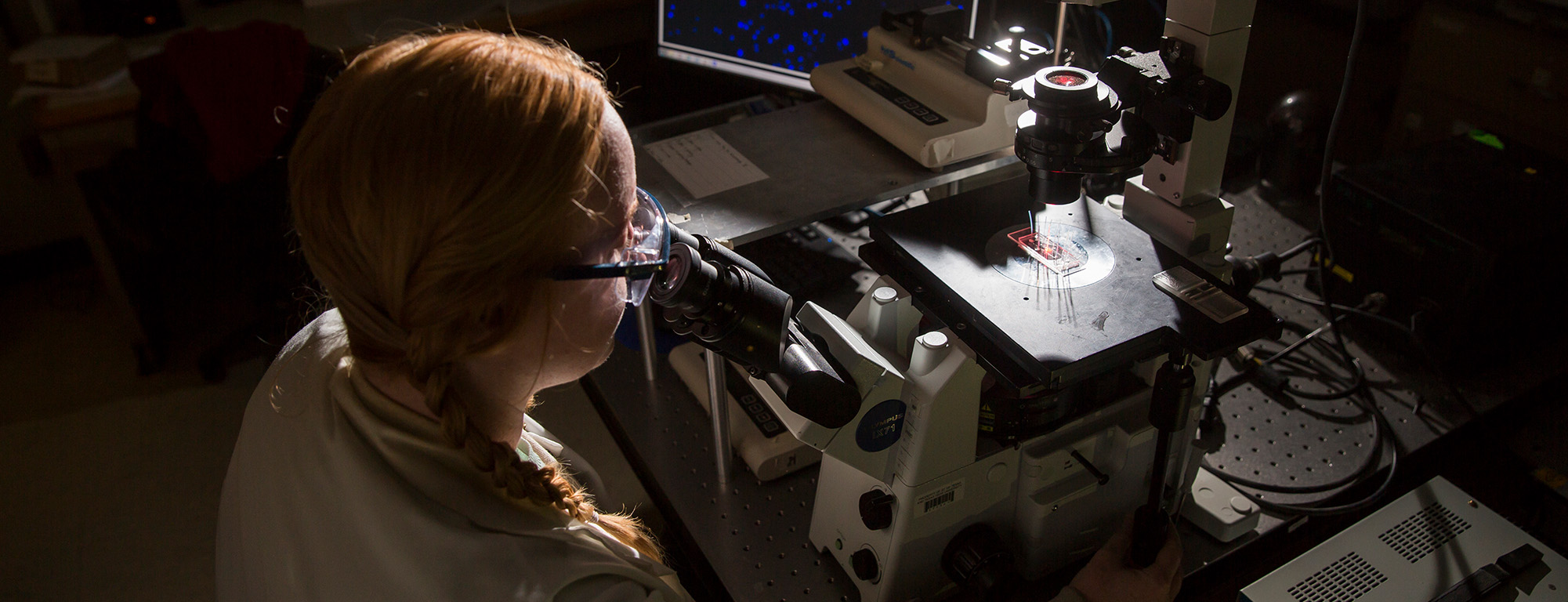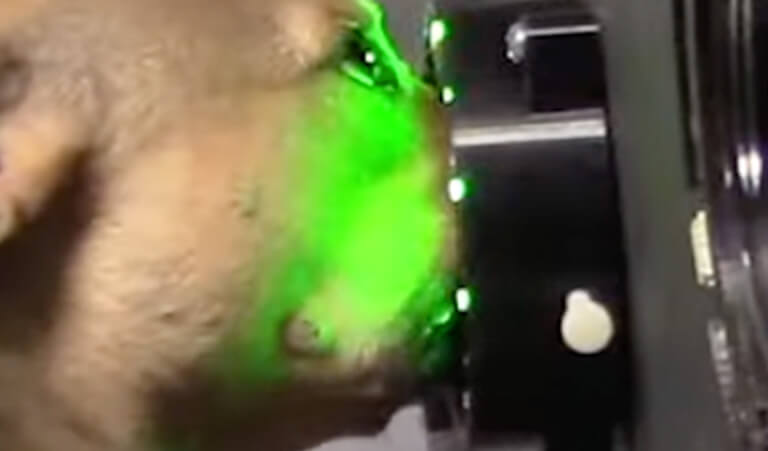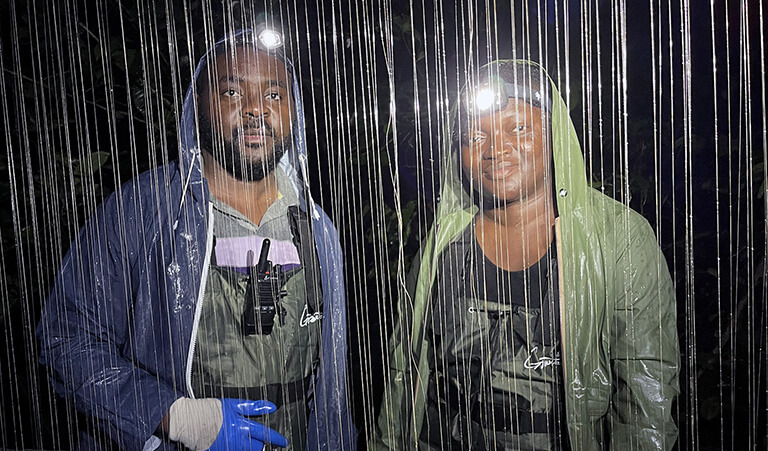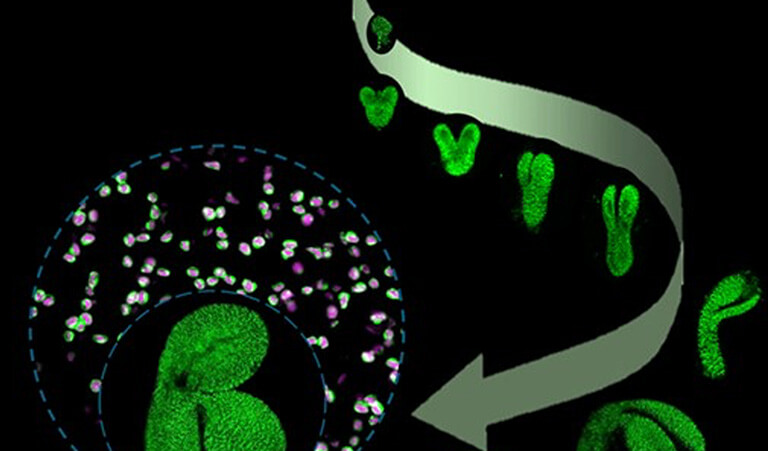
College of Arts & SciencesResearch & Discovery
College of Arts & Sciences Affiliated Centers and Institutes
The College of Arts & Sciences supports eleven research centers and institutes conducting intensive research and scholarship recognized globally for its impact and innovation. From research into diseases and medieval studies to forensic science, STEM education, and climate, our centers and institutes represent key intersections at which faculty from a range of disciplines within and beyond our college collaborate to address critical problems and enhance our understanding of our world and its inhabitants.
View Centers and InstitutesExplore Our LatestDevelopments & Innovation
View More
Guardians of the Vineyard: Canines and Chemistry Work to Combat Powdery Mildew; Results to Be Presented at the American Chemical Society’s Spring 2026 Meeting.
Learn More
A Passion for Bats: TTU Alumni Featured in Science Magazine
Learn More
Herbicide-Resistant Variants Identified
Learn MoreCollege of Arts & Sciences
-
Address
Texas Tech University, Box 41034, Lubbock, TX 79409-1034 -
Phone
806.742.3831 -
Email
arts-and-sciences@ttu.edu
